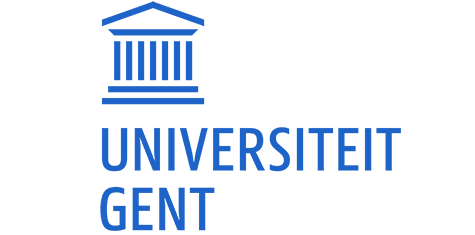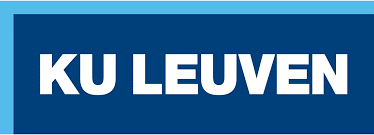Projects
Below are ongoing or recently concluded multi-partner (>2) national and international cooperative projects,
in which our team is participating or has participated.
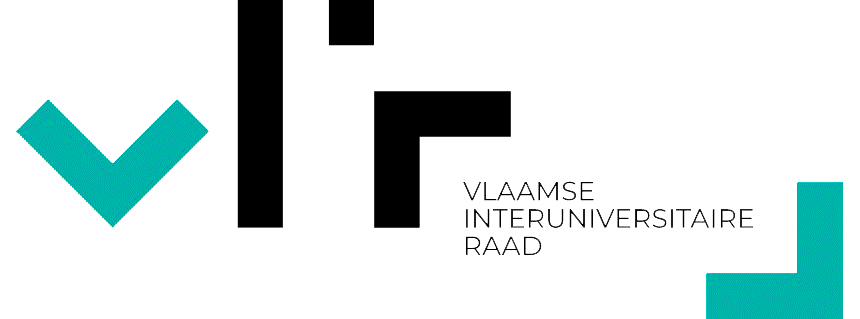
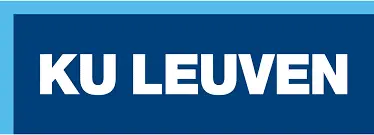

iBOF program, 2025-2028
Engineered carbon surfaces for sustainable catalysis
Given the enormous importance of catalysis in society, the development of new catalysts that go beyond current capabilities is important. In this project, the advantages of homogeneous and heterogeneous catalysis will be combined by developing novel bifunctional heterogeneous systems based on graphene. The control of the organization of the graphene layer allows for in-depth bottom-up catalyst design guided by experimental and theoretical methods. This will deliver efficient catalysts for transformations of importance in the context of biobased chemicals.
The Maes group will join forces with 3 teams of KULeuven: S. De Feyter, M. Dusselier and J. Harvey.
The iBOF call of the Flemish Inter-university Council (Vlaamse Interuniversitaire Raad, VLIR) aims to stimulate inter-university collaboration with a focus on excellence in ground-breaking frontier research in Flanders.

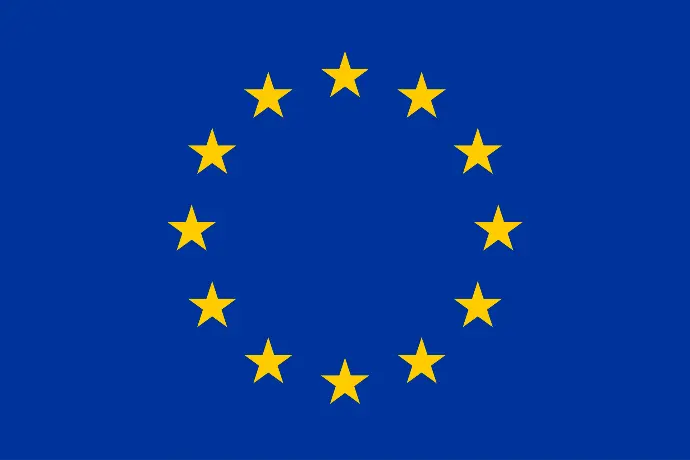

Horizon 2020, 2019-2027
RespiriNTM
RespiriNTM is a project supported by the Innovative Medicines Initiative (IMI). IMI is the world's biggest public-private partnership in the life sciences that facilitates collaboration between the European Commission and industry partners. RespiriNTM has kicked-off in 2019 to develop antibiotics that can treat the diseases caused by the Non-Tuberculous Mycobacteria (NTM), M. avium complex and M. abscessus. Initially the RespiriNTM consortium was led by Janssen Pharmaceutica. Since early 2024 the company BioVersys has joined forces with the established RespiriNTM consortium members and will lead the development of drug candidates through preclinical and clinical studies. Our team is working together with BioVersys in the RespiriNTM project on the development of efficient synthetic routes allowing upscaling of these new antibiotics.

Catalisti/SIM intercluster cSBO program, 2023-2025
PROMIS
PROMIS stands for "sustainable PROduction of bio-based Multi-reactive ISocyanates". PROMIS will help the chemicals and materials industries in the production of more sustainable polyurethanes (PUs). Using inventive organic chemistry and catalysis, novel bio-based PU building blocks, called isocyanates, will be designed. As a result, current challenges in polyurethane industry will be addressed through closely interlinked valorisation goals.
View details

Moonshot program, 2022-2025
AC2GEN
AC2GEN stands for "Acrylates from 2nd generation sugars: a powerful combination of fermentation, catalysis, and CO₂ recycling". AC2GEN consortium which involves reserachers from KULeuven, UAntwerpen, BioBased Europe Pilot Plant and VITO will develop new ways to make acrylates from waste biomass via a combination of biotechnolgical and chemical processes, targeting unprecedented carbon efficiency.
iBOF program, 2021-2024
Next-BioRef
Utilization of biomass as a renewable feedstock to chemicals/materials is expected to become a key driver towards a future sustainable society. Biorefineries, converting non-edible lignocellulose, are central.Unraveling lignocellulose conversion to chemicals/materials is challenging; the chemical/physical phenomena are ill-understood, and formation of lignin-based products underexplored. Next-BIOREF (Next generation lignocellulose biorefinery: concepts and implementation) project strives to understand fractionation of lignocellulose into lignin oil and pulp,and their transformation into chemicals/materials. Lignin engineering is used to modify native lignin to facilitate such transformation. Cutting edge analytics enable thorough determination of the lignin structures, and novel techniques will be developed. The chemical/physical phenomena are investigated in detail delivering a comprehensive/predictive description of the refinery’s outcome. New chemistry from lignin to building blocks for future polymers/composite materials, is proposed.
The contribution of the Maes group will be the development of synthetic methodologies, both catalytic (with focus on homogeneous catalysis)and non-catalytic providing monomers for polymerization. Model compounds will be synthesized for mechanistic understanding. Analysis of the greenness of the developed synthetic methodologies will also receive major attention.
The iBOF call of Flemish universities through the Flemish Inter-university Council (Vlaamse Interuniversitaire Raad, VLIR) aims to stimulate inter-university collaboration with a focus on excellence in ground-breaking frontier research in Flanders.

FWO bioeconomy call, 2023-2024
LIBRA
Prof. Bert Maes is a coordinator of the collaborative strategic basic research project LIBRA supported by FWO within the framework of a special Bioeconomy call and funded by the Recovery and Resilience Facility (RRF) of the European Union. Through collaboration of UAntwerp and KU Leuven new flame retardants based on lignin building blocks will be developed. This project is funded by the Recovery and Resilience Facility (RRF) of the European Union.

FWO bioeconomy call, 2022-2023
MUCOFORM
Prof. Bert Maes is a coordinator of the collaborative project MUCOFORM. In collaboration with Bio Base Europe and KU Leuven non-food sugars from waste biomass such as recycled cardboard, corn stover or brewery waste streams will be transformed into platform molecules, which can serve to produce chemical building blocks for polymers such as PET and for many other (new) applications. This project is funded by the Recovery and Resilience Facility (RRF) of the European Union.

